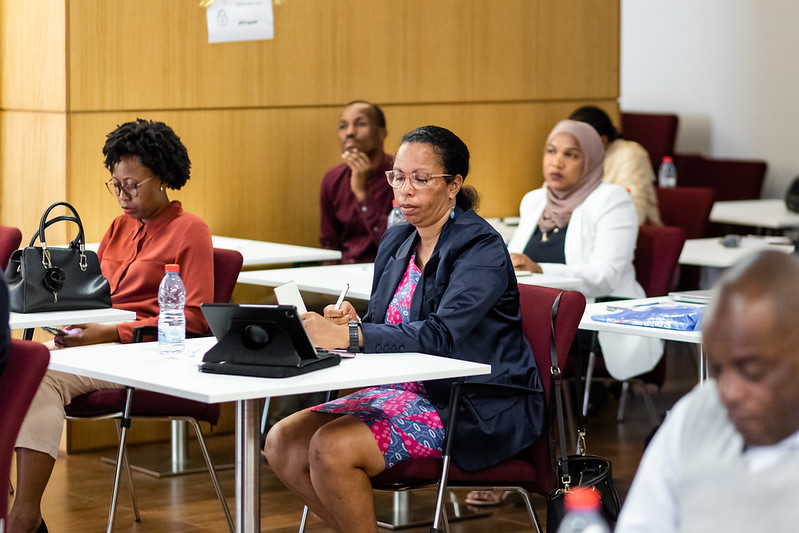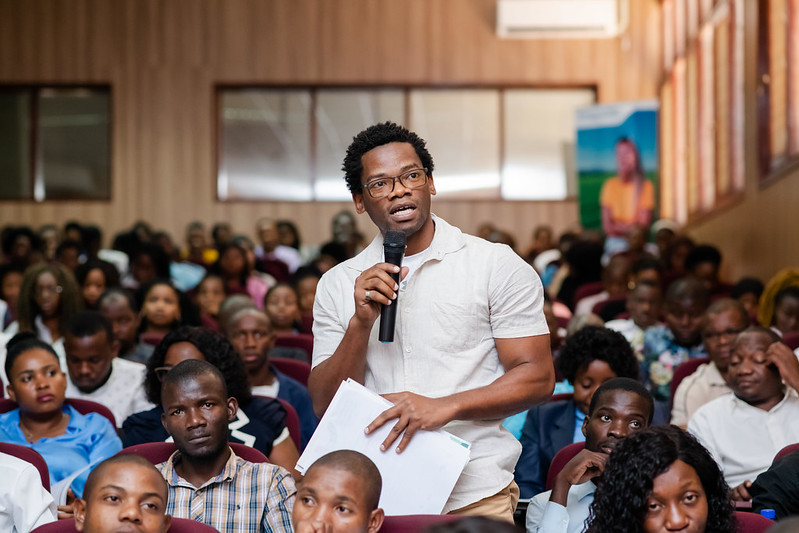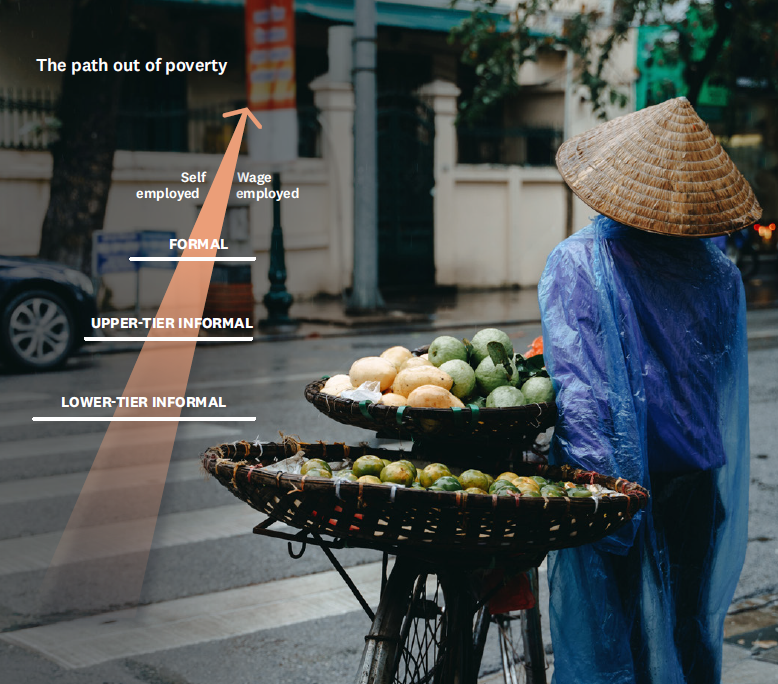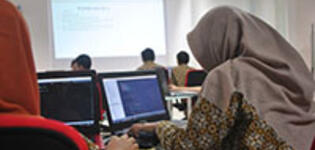Blog
Rethinking change – three stories of real-world impact
UNU-WIDER operates at the intersection of research, capacity development, and policy engagement, with a mission to improve the lives of the world’s poorest people. Each year, we publish hundreds of papers, open access books, journal articles, convene dozens of events and capacity development activities, host open access data and tools, facilitate meetings for exchanging expert knowledge, and more. However, identifying the impact our work has made in the world is often a complex task.
 Impact often unfolds gradually over years or even decades, making it challenging to measure, particularly considering external factors at play. Expanding our perspective reveals that the journey towards it is marked by numerous smaller, yet significant, events, interactions, and changes. Recognizing and sharing these ‘change stories’ helps us document the critical steps on our path to tangible impact.
Impact often unfolds gradually over years or even decades, making it challenging to measure, particularly considering external factors at play. Expanding our perspective reveals that the journey towards it is marked by numerous smaller, yet significant, events, interactions, and changes. Recognizing and sharing these ‘change stories’ helps us document the critical steps on our path to tangible impact.
Changing perceptions of democracy aid
In 2020, UNU-WIDER researchers conducted a comprehensive evaluation of Swedish and international democracy aid commissioned by the Swedish Expert Group for Aid Studies (EBA). The report by Niño-Zarazua, Gisselquist, Horigoshi, Samarin, and Sen, is the most extensive examination on democracy aid to date. The report provides an evidence base to challenge common criticisms of democracy aid and supports more informed debates on the role of democracy aid in international development.
The findings reveal that democracy aid positively influences democratization processes in recipient countries. Contrary to common critiques, no evidence suggests a negative overall impact on democratic governance. Targeting civil society, free and fair elections, media freedom, and human rights proves most effective.
The findings of the report were shared widely, including in the media, online, and in numerous seminar and conference sessions. Through these efforts, the report findings have brought valuable insights to discussions on democratic backsliding worldwide, supporting greater understanding on the role and benefits of targeted democracy aid. Whereas previous research suggested that aid impact was at best unclear or mixed, our report helped to establish that democracy aid works, and offered a guide for how the aid could be more effective.
Enhancing poverty reduction policies in Zambia

Zambia faces persistent poverty and inequality, with over 50% of citizens surviving on less than USD 1.9 a day. UNU-WIDER’s SOUTHMOD team, in collaboration with local partners, supported the Zambian government with different reform scenarios and policy recommendations to reduce poverty.
In evaluating Zambia’s Social Cash Transfer (SCT) programme, designed to offer cash payments to impoverished households as a ‘floor benefit’, and the 2019 Cash Plus reform, UNU-WIDER, alongside Southern African Social Policy Research Insights (SASPRI) and the Zambia Institute for Policy Analysis and Research (ZIPAR), utilized the MicroZAMOD simulation tool for scenario exploration.
The analysis revealed that the current social protection system supports 76% of the extremely poor, reducing overall poverty by 4 percentage points. However, only 34% of the extremely poor receive the SCT floor benefit, indicating a gap in policy efficacy.
To achieve Zambia’s ambitious poverty reduction targets, the working paper and policy brief, well-received by policymakers and highlighted in local media, recommended expanding both Cash Plus and SCT benefits. ZIPAR’s continued engagement with the government influenced the Eighth National Development Plan, now incorporating enhanced access to different social support for the poor, expanded beneficiary allowances and support levels, and made targeting and payment systems more efficient.
 Unveiling The Job Ladder
Unveiling The Job Ladder
Early in 2023, UNU-WIDER published The Job Ladder, an open access book edited by Gary S. Fields, T.H. Gindling, Kunal Sen, Michael Danquah, and Simone Schotte. This book examines informal work patterns worldwide and introduces a new conceptual framework for categorizing work statuses in developing economies. The categories include formal wage employees, upper-tier informal wage employees, lower-tier informal wage employees, and formal and upper-tier informal self-employed individuals. It explores the drivers of low-income, low-productivity informal work through a series of country studies covering Asia, Latin America, the Middle East and North Africa, and Sub-Saharan Africa.
This book shows us that the path out of poverty is more like a ladder, where progress onto the next rung is not always possible, and where some groups are especially disadvantaged in terms of upward mobility. It encourages development finance institutions to think about how our investments can get people moving up the ladder.
– Paddy Carter, Director of Research and Policy, British International Investment (BII)
Through presentations, engagement with policymakers, media promotion, and academic discussions, the book reached the global development community. Its impact is evident in applications by government officials in the Global South, inspiring the World Bank, UN, and development finance institutions. The volume’s influence led to additional funding, propelling the project to further develop the framework and its potential policy applications.
This was a feature article in the 2023 UNU-WIDER Annual Report. Explore the full report here.
Ruby Richardson is a former Communications Team Lead at UNU-WIDER.
Anna Toppari is a Communications Associate at UNU-WIDER.
The views expressed in this piece are those of the author(s), and do not necessarily reflect the views of the Institute or the United Nations University, nor the programme/project donors.
 Join the network
Join the network


